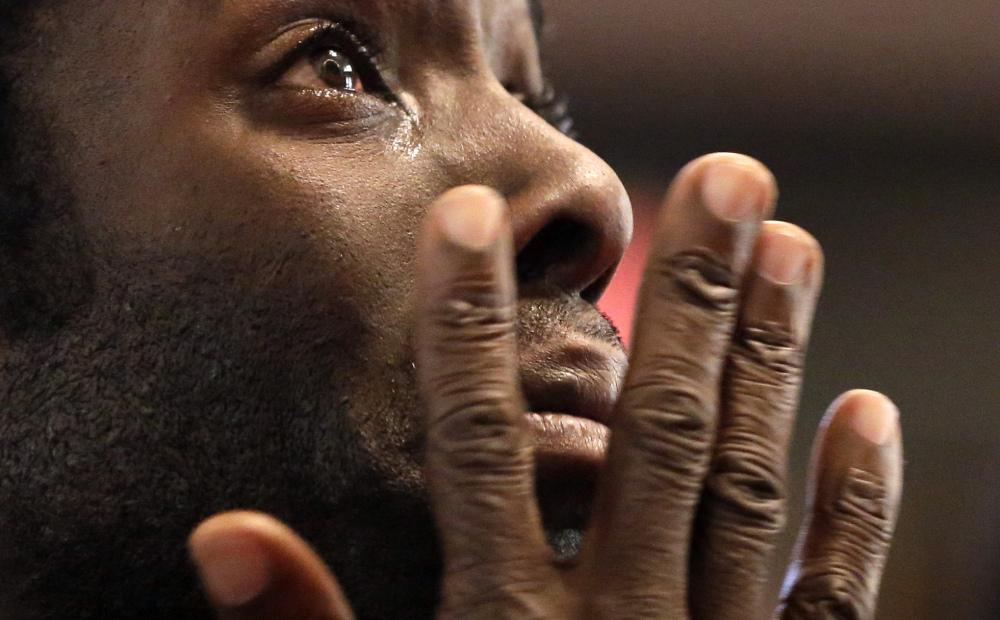
In those days Hezekiah became mortally ill. And Isaiah the prophet the son of Amoz came to him and said to him, “Thus says the Lord, ‘Set your house in order, for you shall die and not live.’” Then Hezekiah turned his face to the wall and prayed to the Lord, and said, “Remember now, O Lord, I beseech You, how I have walked before You in truth and with a whole heart, and have done what is good in Your sight.” And Hezekiah wept bitterly.
Then the word of the Lord came to Isaiah, saying, “Go and say to Hezekiah, ‘Thus says the Lord, the God of your father David, “I have heard your prayer, I have seen your tears; behold, I will add fifteen years to your life.
Several things in this passage have always arrested my attention. First, Hezekiah was at the end of hope: when even God says you’re finished, you’re finished. Second, Hezekiah did not ask God for healing, or to save or lengthen his life. He asked God to ‘remember’ him and he wept. The imagery of Hezekiah turning to the wall is evocative: he is turning away from all other support, help and comfort. He is confronted with God whose word is as implacable as a wall. But he turns.
The word of the Lord which came then to Isaiah said, “I have heard your prayer; I have seen your tears.” It appears that Hezekiah’s tears were as much a part of his prayer as were his words, and perhaps, more so. Perhaps his tears were the greater part of his prayer, a soul vulnerable and broken-hearted before God; honest.
Jesus, too, prayed with tears:
In the days of His flesh, He offered up both prayers and supplications with loud crying and tears to the One able to save Him from death, and He was heard because of His piety (Hebrews 5:7).
Such prayer is a world away from the polite and professional prayers of which I am so often guilty. Prayer can become so routine and run-of-the-mill it loses its heart. Hezekiah’s tears were his prayer as much as his words were. Although tears of brokenness and disappointment, they were not tears of despair: his continuing faith is revealed in the very act of prayer itself, in his turning away from all else to God alone.
Some expositors have suggested that the extra fifteen years given to Hezekiah were not a blessing but a judgement, for in those fifteen years seeds were sown which later led to the downfall of Judah. Miserable commentators!
This is one of those biblical texts that hints at the awesome privilege, power, mystery, and responsibility of prayer. God heard his prayer. God did remember. God changed his mind! God gave him his heart’s desire. We sometimes hear that God never changes, and that prayer does not change God. “Prayer changes things,” we are told. Or, “prayer changes us.” Certainly. But in this instance, God himself had said, “You shall die and not live.” And that which God himself had declared was turned when this man prayed.